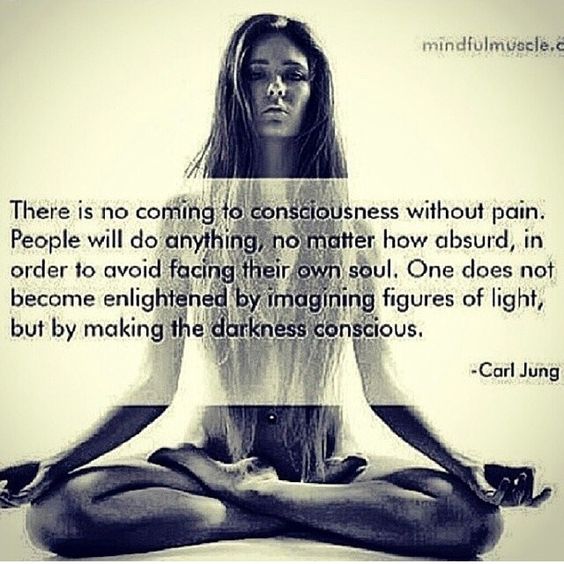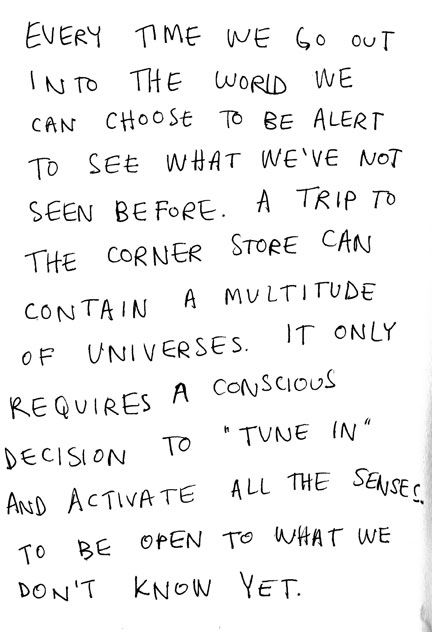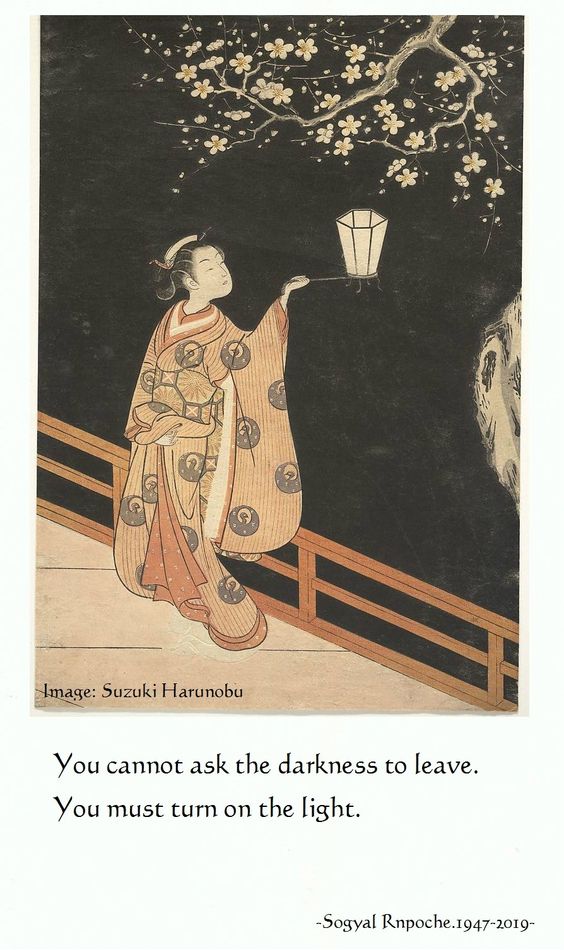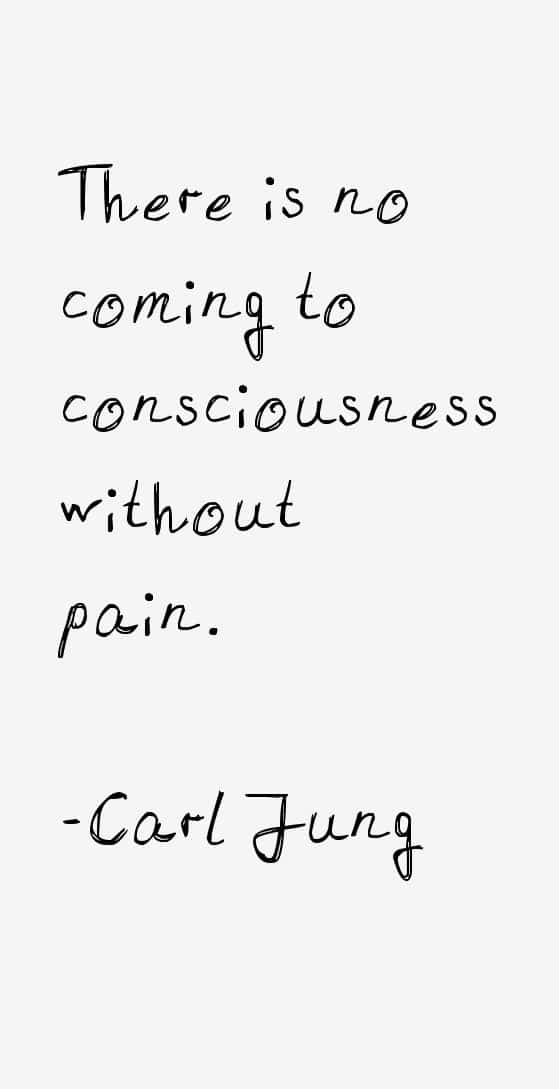“We are always and everywhere in the presence of reality. Indeed, the human mind is the most complex and subtle expression of reality we have thus far encountered. This should grant profundity to the humble project of noticing what it is like to be you in the present. However numerous your faults, something in you at this moment is pristine—and only you can recognize it.”
Sam Harris, Waking Up (Page 206)
“Happiness and suffering, however extreme, are mental events. The mind depends upon the body, and the body upon the world, but everything good or bad that happens in your life must appear in consciousness to matter. This fact offers ample opportunity to make the best of bad situations—changing your perception of the world is often as good as changing the world—but it also allows a person to be miserable even when all the material and social conditions for happiness have been met. During the normal course of events, your midn will determine the quality of your life.”
Sam Harris, Waking Up (Page 204)
“Everything we do is for the purpose of altering consciousness. We form friendships so that we can feel love and avoid loneliness. We eat specific foods to enjoy their fleeting presence on our tongues. We read for the pleasure of thinking another person’s thoughts. Every waking moment—and even in our dreams—we struggle to direct the flow of sensation, emotion, and cognition toward states of consciousness that we value.”
Sam Harris, Waking Up (Page 186)
“The principal enemy of mindfulness—or of any meditative practice—is our deeply conditioned habit of being distracted by thoughts. The problem is not thoughts themselves but the state of thinking without knowing that we are thinking. In fact, thoughts of all kinds can be perfectly good objects of mindfulness. In the early stages of one’s practice, however, the arising of thought will be more or less synonymous with distraction—that is, with a failure to meditate. Most people who believe they are meditating are merely thinking with their eyes closed. By practicing mindfulness, however, one can awaken from the dream of discursive thought and begin to see each arising image, idea, or bit of language vanish without a tract. What remains is consciousness itself, with its attendant sights, sounds, sensations, and thoughts appearing and changing in every moment.”
Sam Harris, Waking Up (Page 36)
“The ego’s relationship to the huge unconscious is like that of a tiny cork floating in the ocean. We often feel like that. We feel like a cork that is being tossed about in the ocean of life, completely at the mercy of the waves and storms that push and pull us. We seem to have little control or power over anything. The cork is nevertheless morally equal to the ocean, because it has the power of consciousness! Although the ego is small, it has this peculiar power of awareness that we call consciousness, and that special, concentrated power gives it a position that is as necessary, as strong, and as valuable as the seemingly infinite richness of the unconscious.”
Robert A. Johnson, Inner Work (Page 184)
“The more one faces the unconscious and makes a synthesis between its contents and what is in the conscious mind, the more one derives a sense of one’s unique individuality.”
Robert A. Johnson, Inner Work (Page 11)
“Every person must live the inner life in one form or another. Consciously or unconsciously, voluntarily or involuntarily, the inner world will claim us and exact its dues. If we go to that realm consciously, it is by our inner work: our prayers, meditations, dream work, ceremonies, and Active Imagination. If we try to ignore the inner world, as most of us do, the unconscious will find its way into our lives through pathology: our psychosomatic symptoms, compulsions, depressions, and neuroses.”
Robert A. Johnson, Inner Work (Page 10)
“The disaster that has overtaken the modern world is the complete splitting off of the conscious mind from its roots in the unconscious. All the forms of interaction with the unconscious that nourished our ancestors—dreams, vision, ritual, and religious experience—are largely lost to us, dismissed by the modern mind as primitive or superstitious. Thus in our pride and hubris, our faith in our unassailable reason, we cut ourselves off from our origins in the unconscious and form the from the deepest parts of ourselves.”
Robert A. Johnson, Inner Work (Page 10)
“The purpose of learning to work with the unconscious is not just to resolve our conflicts or deal with our neuroses. We find there a deep source of renewal, growth, strength, and wisdom. We connect with the source of our evolving character; we cooperate with the process whereby we bring the total self together; we learn to tap that rich lode of energy and intelligence that waits within.”
Robert A. Johnson, Inner Work (Page 9)
“The unconscious manifests itself through a language of symbols. It is not only in our involuntary or compulsive behavior that we can see the unconscious. It has two natural pathways for bridging the gap and speaking to the conscious mind: One is by dreams; the other is through the imagination. Both of these are highly refined channels of communication that the psyche has developed so that the unconscious and conscious levels may speak to one another and work together.”
Robert A. Johnson, Inner Work (Page 4)
“The purpose is to identify not with the body which is falling away, but with the consciousness of which it is a vehicle. This is something I learned from my myths. Am I the bulb that carries the light, or am I the light of which the bulb is the vehicle? If you can identify with the consciousness, you can watch this thing go like an old car. There goes the fender, etc. But it’s expected; and then gradually the whole thing drops off and consciousness rejoins consciousness. I live with these myths—and they tell me to do this, to identify with the Christ or the Shiva in me. And that doesn’t die, it resurrects. It is an essential experience of any mystical realization that you die to your flesh and are born to your spirit. You identify with the consciousness in life—and that is the god.”
Joseph Campbell, via Sunbeams (Page 70)
“Our difficulty is that human consciousness has not adjusted itself to a relational and integrated view of nature. We must see that consciousness is neither an isolated soul nor the mere function of a single nervous system, but of that totality of interrelated stars and galaxies which makes a nervous system possible.”
Alan Watts, Sunbeams (Page 28)
“Our business is to wake up. We have to find ways in which to detect the whole of reality in the one illusory part which our self-centered consciousness permits us to see. We must not live thoughtlessly, taking our illusion for the complete reality, but at the same time we must not live too thoughtfully in the sense of trying to escape from the dream state. We must be continuously on our watch for ways in which we may enlarge our consciousness.”
Aldous Huxley, Sunbeams (Page 14)
“There is no coming to consciousness without pain.”
Carl Jung, Sunbeams (Page 14)
“Never before has a generation of people known the comforts and conveniences we have today. And yet, we cannot claim to be the most joyful or loving generation in history. A vast number of people live in states of constant anxiety and depression. Some are suffering their failure, but ironically, many are suffering the consequences of their success. Some are suffering their limitations, but many are suffering their freedom. What is missing is human consciousness. Everything else is in place, but the human being is not in place. If human beings stopped obstructing the path to their own happiness, every other solution is at hand. You cannot transform the world without transforming the individual.”
Sadhguru, Inner Engineering (Page 262)




